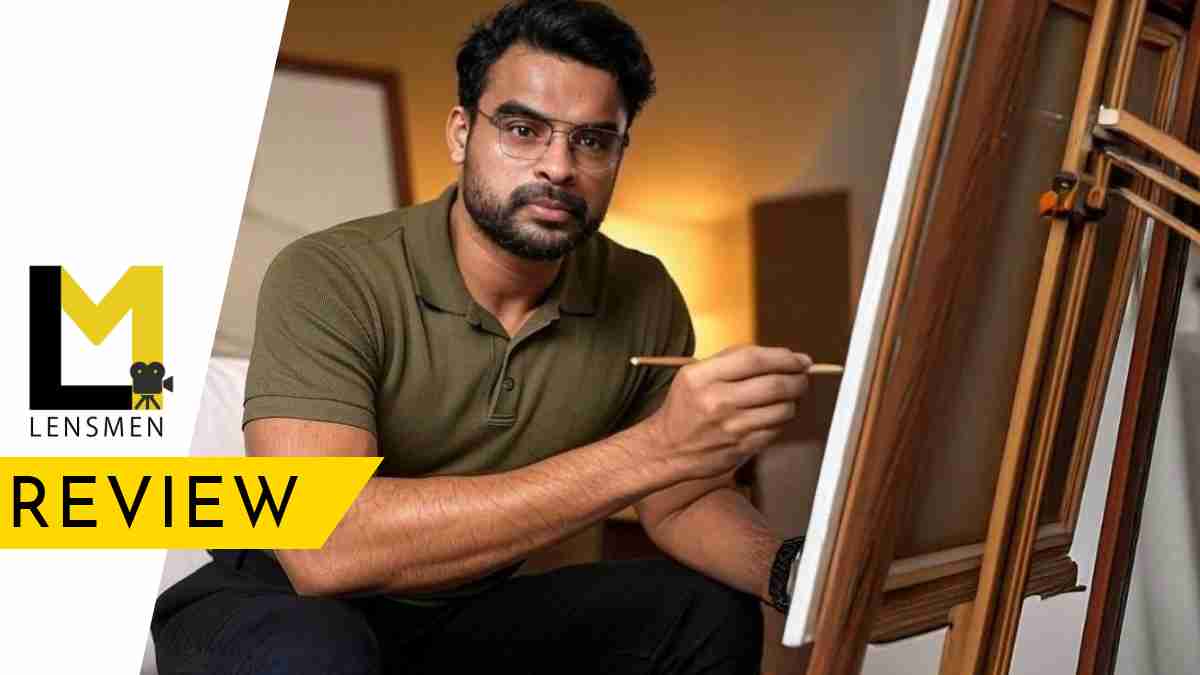One thing I have noticed about the scripts of Akhil Paul, one of the makers of the new Tovino Thomas starrer Identity, is how he notices certain peculiar things in stuff we see almost regularly. In movies like 7th Day and Forensic, he has used those details to deceive the audience or to deceive certain characters. When it comes to Identity, his third film as a writer and second film as a director, along with Anas Khan, the ambition is really huge. But somewhere, the convolutions of the story from being a simple revenge story to an almost Mission Impossible-level tragedy evading heroic thriller tires you. And rather than making us figure out how it all unfolded more subtly, Akhil and Anas are explaining everything less enticingly. While a part of you do appreciate the movie for being ambitious with the scale, the over-explained, complicated script reduces the wow factor of the film.
The trailer of the movie has not really revealed much about the film. So, I will try to keep it spoiler-free. But some spillings will be there, so be cautious. Haran Shankar is our hero who lives with his two sisters. Haran, who lived with his abusive father till the age of seven, has developed a very obsessive character trait. And since his late mother was a sketch artist in the police force, Haran knows the science of that as well. What we see in Identity are the events that happen in the life of Haran when a Bengaluru-based police officer becomes his neighbor in his apartment. The police officer is accompanied by a witness who is experiencing face blindness after a hit-and-run incident. How the sketch artist capabilities of Haran help these two and how that journey unfolds is what we see in Identity.
The agenda of the bad guy in this movie is so elaborate and meticulous that while I was driving back home after watching the movie, I was trying to think about the story in a linear way. So, when you look at the story from a linear point of view, the hero almost becomes a character who happens to be in a subplot of the villain’s story. See, people like Christopher Nolan and Dennis Villeneuve have also gone after complicated scripting methods to make the movie compelling for the viewers. Forget foreign films, one of my absolute favorites of last year, Kishkindha Kaandam, also made a linear story complicated to give us that cinematic high. The issue I felt with Identity is that the complications in the story and when they eventually get revealed, it feels more like a deliberate distraction rather than a well-crafted twist.
In terms of using minute details about professions or medical conditions, the writing is definitely great. From facial blindness to sketch artist psychology, and to flight protocols, one can see that the director duo have done really good research in bringing authenticity to subplots and set pieces they have imagined. But somewhere, I felt the theatrical euphoria you associate with the revealing of a twist was just not there in the directorial aspect of the film. And I feel a larger part of that is because of the spoon-feeding exposition through dialogues. We are not picking information from the scenes. It is more like we are getting informed about what really happened literally by some character.
The wider aspect ratio of the film gives it the option to make things look grand and slightly larger than life. And Akhil George plays with the color palette pretty effectively to give sequences a particular mood. A lot of back and forth is happening in the movie to reveal the twists, and Chaman Chacko uses aggressive cuts to make those portions work. The production quality of some of the chase sequences is pretty good. While the fight inside the flight made absolute sense, and the execution was really impressive, the car chase sequence felt slightly outlandish.
Tovino Thomas tries to follow this stiff body language to show the precision obsession of his character. While that style looked very stylish whenever he does that, along with dialogues, in the initial portions of the movie where he is mostly silent, that body language somewhat reminded me of Small Wonder. In an interview, when Akhil Paul was asked about the casting of Trisha in the film, he was sincere enough to say that the bigger budget of the movie made them cast a bigger name to widen the market. Well, that very much gives you an idea. Her character, Alisha, is important to the story. But in terms of scope to perform, it offers minimal opportunity to the actor. Vinay Rai, in his typical style, carries the tone shifts of the character effectively. After a point, Allen Jacob was all about swagger. Shammi Thilakan was perhaps the only performer who was able to reduce the rigidness of the dialogues through his dialog rendering. Aju Varghese gets a police role we really don’t see him play often.
In terms of scale and imagination, Identity definitely has managed to pull off an appreciable output on screen. At a time when people are willing to decode things on their own after watching a film, I thought a bit more refinement on a writing level would have made Identity a quality film by all means. Similar to what I said about Marco, despite these movies having shortcomings or issues, it is really promising to see that within the constraints of having a small market, our makers are trying ambitious stuff.
At a time when people are willing to decode things on their own after watching a film, I thought a bit more refinement on a writing level would have made Identity a quality film by all means.
Green: Recommended Content
Orange: The In-Between Ones
Red: Not Recommended


